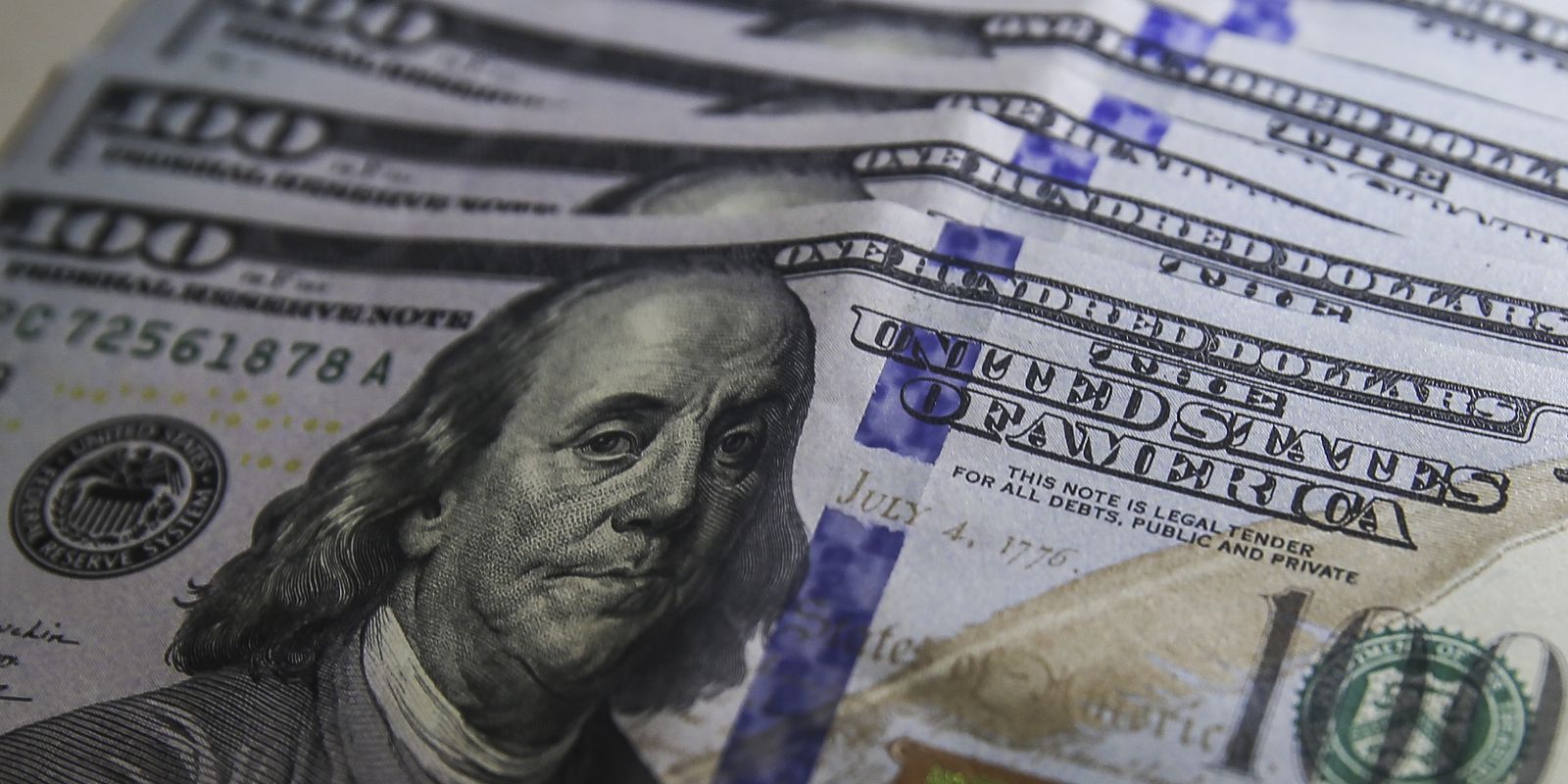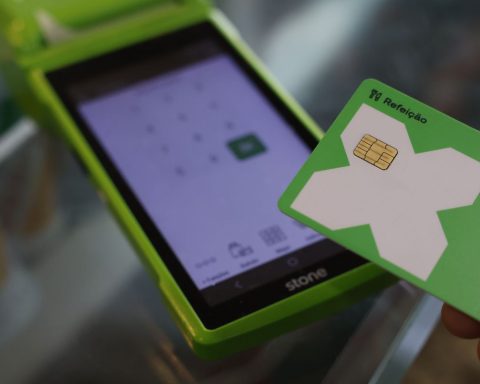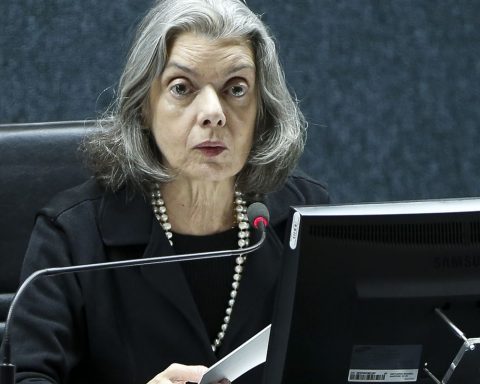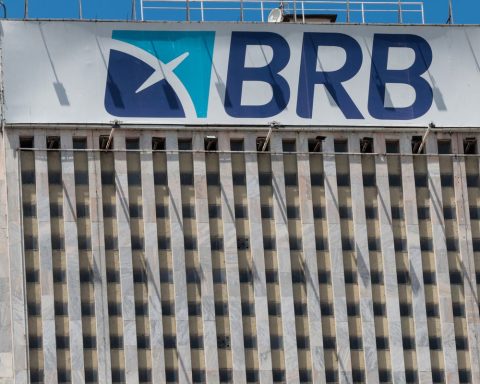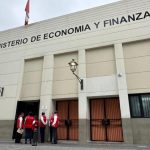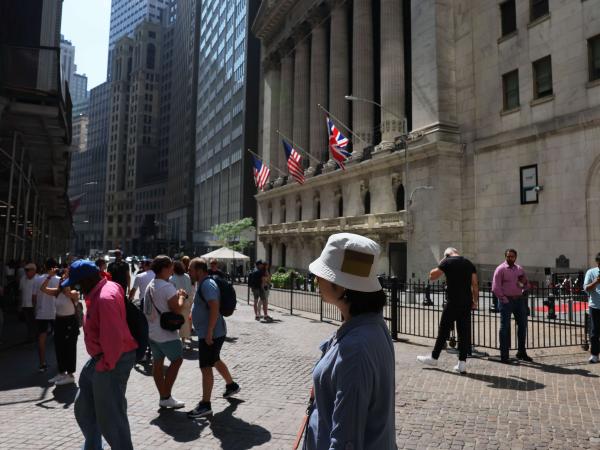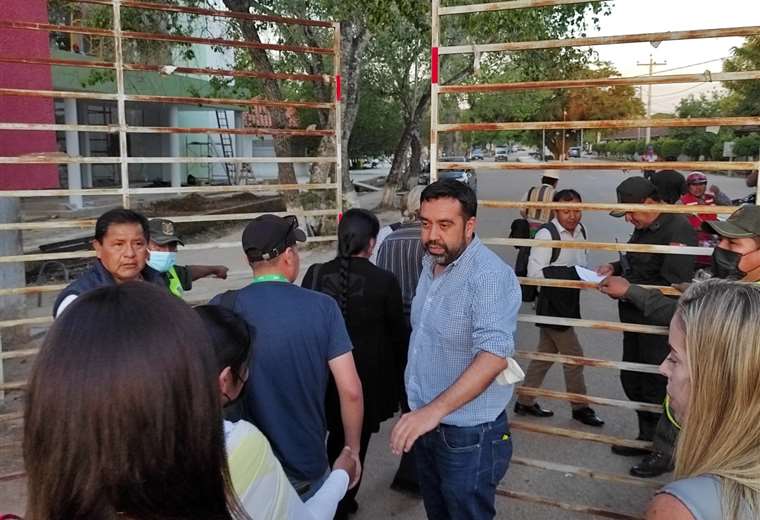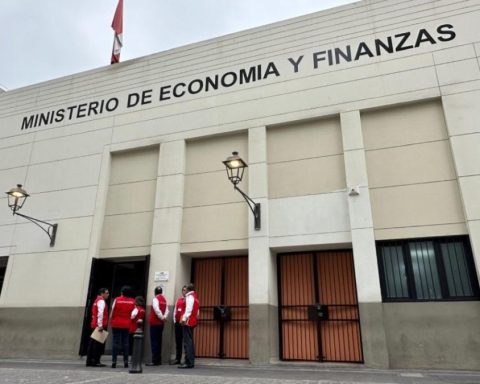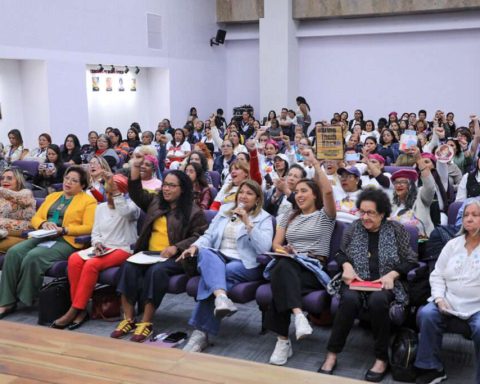The beginning of work on the transition to the elected government and the optimism in the Chinese economy made the financial market have another day of relief. The dollar fell to its lowest in more than two months. The stock market rose for the third time since Monday (31) and closed the week up more than 3%.
The commercial dollar ended this Friday (4th) sold at R$ 5.062, with a fall of R$ 0.064 (-1.24%). The quotation even dropped to R$ 5.02 at the lowest of the day, around 4 pm, but gained strength at the end of negotiations with investors taking advantage of the low price to buy the currency.
The currency is at the lowest level since August 29, when it was at R$ 5.03. The dollar ended the week with a drop of 4.49% and accumulated a decline of 9.22% in 2022.
In the stock market, the day was also marked by gains. The B3 Ibovespa index closed at 118,145 points, up 1.08%. The indicator was driven by shares of mining and steel companies, which rose sharply after the publication of news that China intends to reverse flight suspensions in early 2023 and ease restrictions against covid-19. The Ibovespa rose 3.16% in the post-election week.
The rise in the shares of companies in the metallic sector offset the drop in Petrobras shares, the most traded papers on the stock market, after the Public Ministry of Accounts asked to suspend the anticipation of dividends announced yesterday (3) by the government. The company’s common shares (voted at a shareholders’ meeting) fell 5.23%. Preferred shares (with preference in the distribution of dividends) fell 5.51%.
In addition to news from China, the financial market reflected the start of transition work for the future government and the reduction of roadblocks by supporters of the defeated candidate Jair Bolsonaro. Today, President-elect Luiz Inácio Lula da Silva’s team made the first visit to the Banco do Brasil Cultural Center, in Brasília, where the transition office will be set up. Work formally begins on Monday (7).
*with information from Reuters
